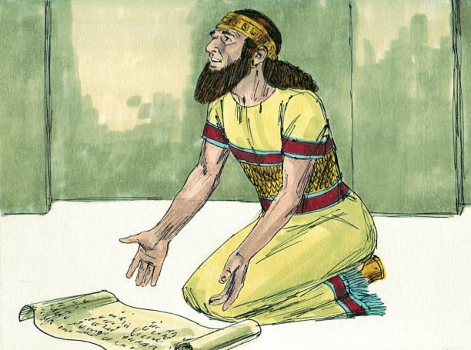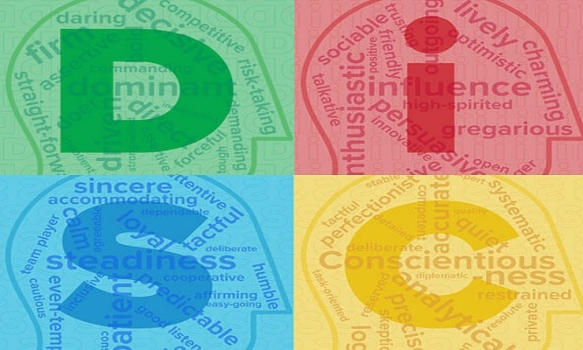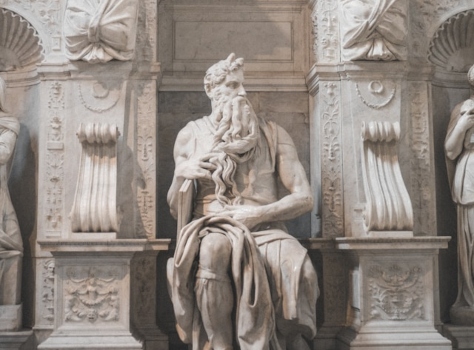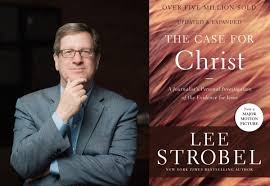It Requires Action and Commitment
The past several weeks, we’ve discussed prayer and some of the different reasons to pray. There have been examples of prayer from Scripture and examples of people praying.
Prayer is how we communicate with God.

The first week, we discussed Hannah and her remembrance to thank God for her answered prayer. Second, David’s recognition that God knows our thoughts and prayer is our realization of this. Third, David repented for his mistakes. Forth, Solomon asked for wisdom. Fifth, Elijah called Ahab out for his mistakes in leading the people to do the wrong thing and their acceptance and changing. Sixth, Hezekiah took situations to God in prayer and we should do the same. And finally, last week Jabez’s prayer was an example of how simple prayer can and should be. We often make prayer too complicated.
This week is about Solomon’s dedication of the new temple and a physical location to connect with God. Like in the beginning of this series on prayer, we talked about the stacking of stones as a good physical reminder. The same was true for the temple.
So, what is dedication?

Dedication is the act of devoting something to a divine being for sacred use then setting it aside for a particular purpose. Dedication goes back to the 14th century. Back then, it referred to the solemn act of dedicating something–such as a calendar day or a church–to a deity or for a sacred use. Centuries later, it was used for the act of devoting time and energy to a particular purpose. Nowadays, dedication commonly indicates loyalty or commitment to a cause, ideal, or purpose.
After the completion of the temple in Jerusalem, Solomon’s prayer of dedication included praise, guidance, and requests. This temple was a physical reminder of how big and special God is.
There were seven requests to God in this prayer:
- Discernment to judge fairly between people when someone wrongs someone else.
- Forgiveness when we start living like the world and turn back.
- Teaching us to follow the right path.
- Giving Your people what they deserve based on how they act.
- That all people everywhere will know who You are.
- Help with fighting life’s battles and enemies.
- Sending us reminders that we can’t do this on our own and we need to seek You in all things.
We need to remember that the temple is not God. We need to remember that rules are not God. We need to remember that pomp and circumstance are not God.
God is not a building or some physical statue. God is alive!
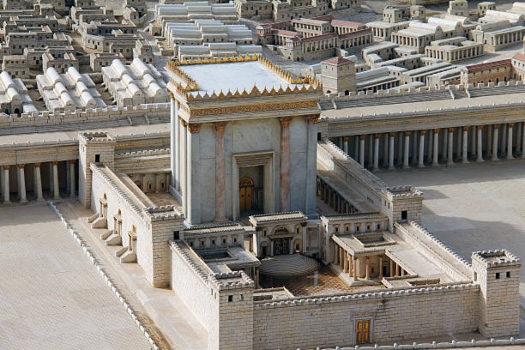
In this fallen world, we are going to mess up. This does not mean that we can’t be forgiven. However, forgiveness is not a pass for messing up either.
We need to dedicate ourselves to God through our actions and commitment.









